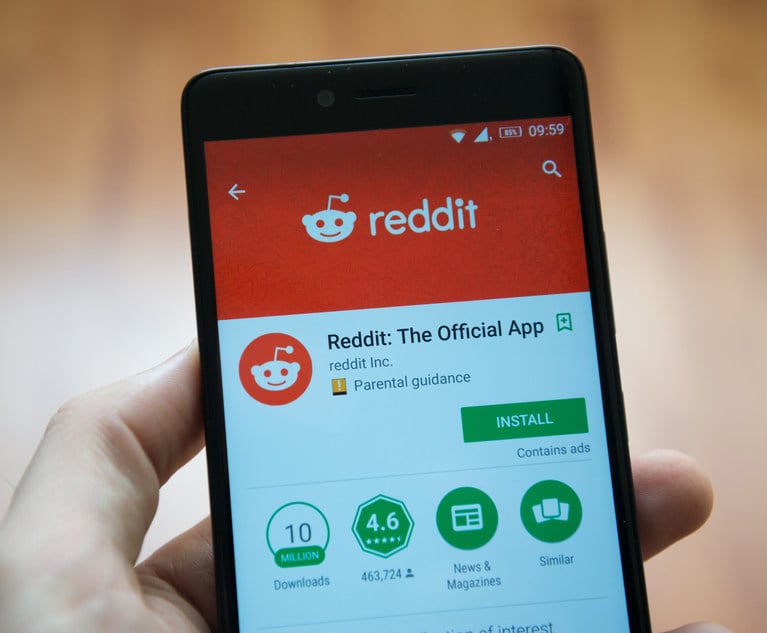 When you scroll through Instagram or other social media platforms looking for the latest fashion trends, you may no longer be seeing just the Kardashians all the time, but instead new celebrities or influencers that are simply creations of computer-generated imagery, or “CGI.” These virtual models are already drawing substantial followers of their own on social media, generating revenue from brand campaigns and even “collaborating” with actual designers, fashion and cosmetic companies. The CGI model known as Shudu, with over 150,000 Instagram followers, describes herself as “the world’s first digital supermodel.” Shudu, the creation of a British photographer, has appeared in campaigns for Balmain, and Rihanna’s beauty company, Fenty Beauty. Taking it a step further, CGI “personality” Lil Miquela’s Instagram account portrays a full-blown fictional life, which has generated over 1.5 million followers, a music career and a takeover of the Prada Instagram account during Milan Fashion Week.
When you scroll through Instagram or other social media platforms looking for the latest fashion trends, you may no longer be seeing just the Kardashians all the time, but instead new celebrities or influencers that are simply creations of computer-generated imagery, or “CGI.” These virtual models are already drawing substantial followers of their own on social media, generating revenue from brand campaigns and even “collaborating” with actual designers, fashion and cosmetic companies. The CGI model known as Shudu, with over 150,000 Instagram followers, describes herself as “the world’s first digital supermodel.” Shudu, the creation of a British photographer, has appeared in campaigns for Balmain, and Rihanna’s beauty company, Fenty Beauty. Taking it a step further, CGI “personality” Lil Miquela’s Instagram account portrays a full-blown fictional life, which has generated over 1.5 million followers, a music career and a takeover of the Prada Instagram account during Milan Fashion Week.
Technology will soon allow brands to design their own digital models to reflect their desired image or aesthetic, “hire” models created by someone else, or allow real-life models to create avatars of themselves, capable of appearing in virtual fashion shows anywhere in the world. But before embracing CGI as a marketing tool, it is important for brands and users of CGI models to understand the business and legal pitfalls, in particular when the brand engages third parties to create such CGI models or otherwise licenses CGI from third parties.






